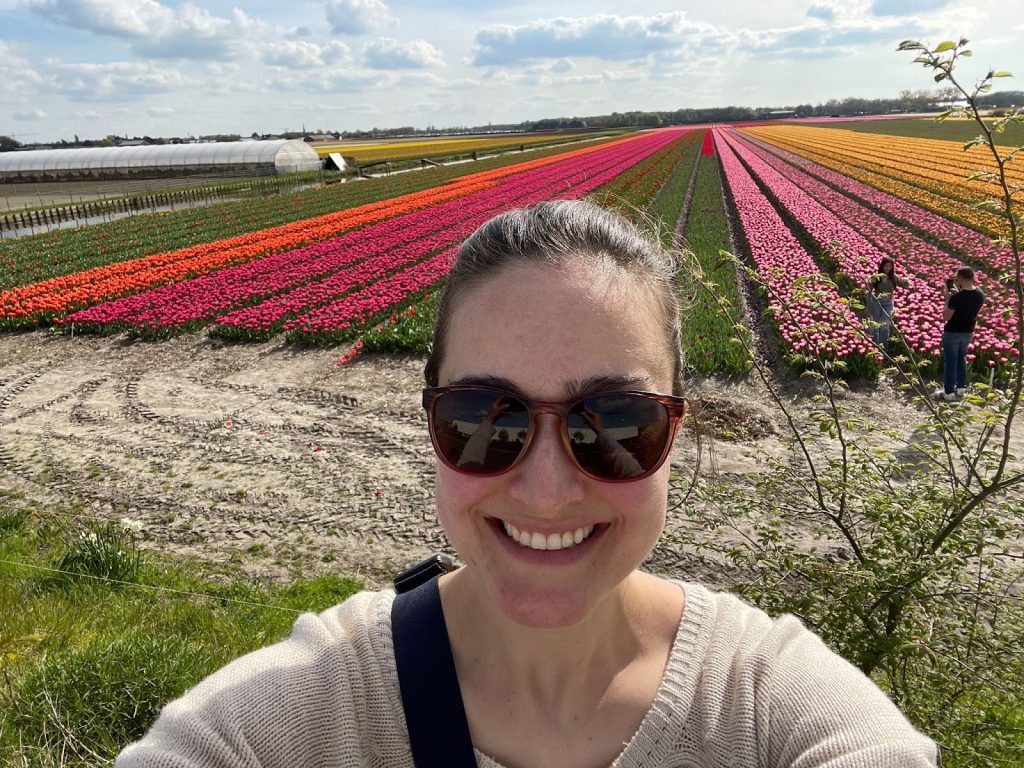Takeaways from the All Systems Connect International Symposium

In May, I represented The Water Project (TWP) in The Hague, Netherlands with a colleague, Adam Torrey, at the All Systems Connect International Symposium. This event brought together nearly 700 professionals, policymakers, and academics from across the globe with expertise in water, sanitation, and hygiene (WaSH); health; climate; economic development; and social justice.
Throughout the week, Adam and I attended panel discussions, interviews, keynote sessions, and workshops where participants exchanged ideas and evidence-based lessons on how strong systems ensure that everyone around the world has access to safe and reliable water.
As defined by the IRC (International Reference Center on Community Water Supply), WaSH systems are the “social, technical, institutional, environmental, and financial factors, actors, motivations and interactions that influence WASH service delivery.” WaSH systems, which extend across government, institutions, and the private sector, are made stronger when any of these elements are supported through capacity-building or other resources.
Many of the sessions I attended emphasized the significance of local systems since this is the level where most WaSH programming is implemented. We align our work with national regulations and policies, but on a day-to-day basis, TWP and our in-country teams primarily work within local systems by collaborating with regional governments, schools, water committees, and healthcare facilities. Ensuring the long-term sustainability of our projects means thinking beyond specific water points to the systems that foster an enabling environment for long-term water access.
For TWP, supporting these systems means close collaboration with local government ministries and leaders, supporting schools with the training and resources needed to manage their water points, incorporating water resource management tools and principles into our work, and transitioning toward more professionally managed water services (i.e., affordable service models for water point repair and maintenance).
One of the symposium takeaways that resonated with me the most was the idea that a system is only as strong as its people. Since the term “system” can sometimes feel abstract, this is a helpful reminder. While it can be easy to focus system-strengthening approaches on “things” like tools, training, and policy, we can’t lose sight of the fact that people are the greatest asset of any system.
Empowering people, especially local leaders, is an important aspect of system strengthening. This is something that TWP strives to achieve through our work in Kenya, Uganda, and Sierra Leone. My hope is that the next All Systems Connect Symposium is attended by one of our inspiring local leaders!
Home More Like ThisTweet